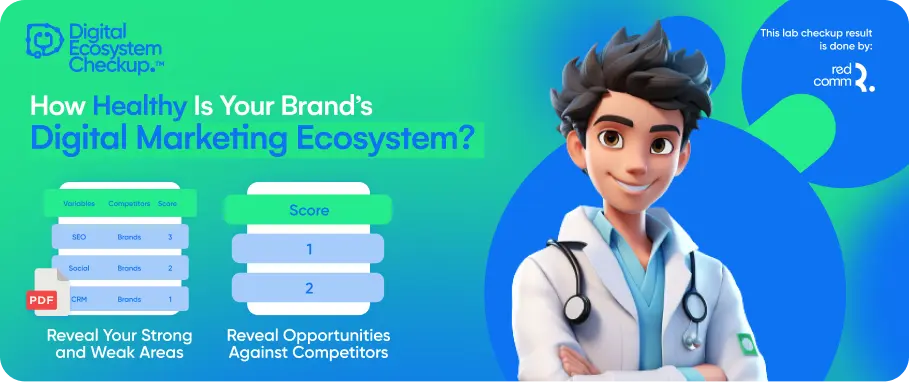In the vast realm of SEO guides, it's easy to get lost, especially when most seem tailored for the giants of the digital landscape.
Mastering The 4 Big Business SEO Strategies on a Small Business Budget

These guides often champion the importance of extensive content creation and robust link-building strategies, but the catch is, they come with a hefty price tag.
Small businesses, with their unique priorities and limited resources, need strategies that align with their goals without burning a hole in their pockets.
So, how can small businesses leverage the power of SEO effectively without breaking the bank?
1. Navigate The Local Landscape with Geo-Specific Keywords
As a local business, your aim might not be global dominance; rather, you'd likely prefer to shine brightly within a specific city, county, or state.
This is where the magic of geo-specific keywords comes into play. Unlike battling it out on a global scale, targeting local SEO keywords is a more manageable feat for smaller enterprises.
Consider this: "women's boots" may boast millions of monthly searches, but it comes with a Keyword Difficulty (KD) of 64%.
On the flip side, "shoe stores San Francisco" presents a fraction of the search volume but a more approachable KD of 39%.
This keyword is not only more relevant for a local shoe shop but is also less competitive compared to broader terms.
This is a game-changer, especially when competing with online retail giants monopolizing keywords like "women's shoes."
Leverage tools like SEMrush (the free version is adequate for initial SEO efforts) to pinpoint keywords related to your products or services and specific to your geographic location.
Aim for keywords with a decent search volume (100+ searches) and a moderate to low KD (50% or under 30%).
Once identified, integrate these keywords organically throughout your website, including product, service, and landing pages.
Remember, incorporating keywords effectively involves following SEO best practices, such as optimizing page titles, descriptions, headings, and body content.
2. Amplify Local Presence Through Directory Optimization
Another effective strategy for attracting more clicks is optimizing your presence on local directories.
Key players in this game include Google Business Profile, Yelp, and Bing Places for Business.
When users search for local businesses or services, these platforms often take center stage, making them crucial for your visibility.
To enhance the ranking of these online listings, ensure they are regularly updated with accurate business information, including name, category, operating hours, contact details, and website links.
Consistency across these platforms signals reliability to search engine algorithms, boosting your chances of ranking higher and becoming more accessible to potential customers.
Positive reviews also play a pivotal role in local visibility. Encourage customers to share their experiences by leaving reviews on platforms like Google.
Five-star reviews not only instill trust in potential buyers but also influence search engine algorithms positively
3. Arrange Local Sales Events or Pop-Ups
There is a common misunderstanding in local business marketing that focuses solely on engaging active shoppers.
However, not all customers start with the intention to purchase; some stumble upon a business while scrolling online or through recommendations.
These initial contacts, known as "top-of-funnel" customers, require opportunities to first discover the business. Local events, such as pop-ups, sales events, or classes, serve this purpose.
Promote these events through your social media network, city-specific Facebook groups, posters, or even sandwich boards.
Creating online buzz is essential, using targeted keywords like "pop-ups in [city]" for SEO to drive local traffic.
4. Harness Search-Driven Social Platforms
Beyond Google, various social media platforms like LinkedIn, YouTube, TikTok, and Pinterest employ search algorithms to connect users with businesses.
For instance, Pinterest users seek fashion inspiration or unique products. Local retailers can benefit by incorporating geo-specific keywords in their Pins, like "Japanese fashion inspo" or "Korean style."
Platforms like YouTube serve users looking for product reviews, local information, travel planning, and tutorials.
Local retailers can attract organic traffic by creating videos aligned with local searches, such as "Best places to shop in Kemang" or "Must-see pop-ups in Jakarta."
Tailor content strategies for each platform, considering differences in content types and approaches.
Local SEO can significantly benefit smaller retailers, being more impactful and less challenging than national search optimization.
Regularly check online resources for updates on algorithms, industry trends, and search engine guidelines in this evolving field.
DISCOVER MORE OF WHAT MATTERS TO YOU
RELATED TOPIC



